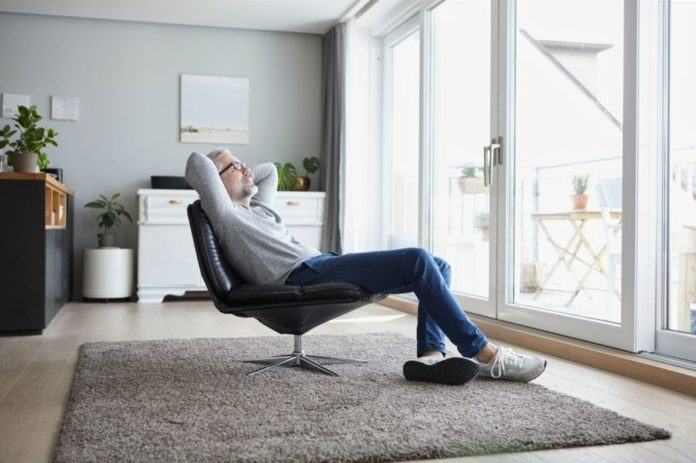According to a recent four-pronged study, having too much free time is almost as bad for our subjective well-being as having too little.
These findings (Sharif, Mogilner, & Hershfield, 2021) were published in the Journal of Personality and Social Psychology by a trio of academics from UPenn’s Wharton School and UCLA’s Anderson School of Management.
Marissa Sharif, Cassie Mogilner, and Hal Hershfield discovered a Goldilocks zone of free time that appears to be ideal. This mild sweet spot appears to be around 3.5 hours of free time every day. On the opposite end of this spectrum, having very little (30 minutes) or very much (>7 hours) of free time were both associated with worse subjective well-being scores.
In terms of time management, there appears to be a sweet spot between boredom and burnout that’s linked to having an amount of discretionary time that’s just right. “Our findings suggest that ending up with entire days free to fill at one’s discretion may leave one [feeling] unhappy,” Sharif said in a September 2021 news release. “People should instead strive for having a moderate amount of free time to spend how they want.”
This four-part study included an analysis of two previous surveys involving over 35,000 people and two novel online experiments involving over 6,000 participants.
Analysis of data from the American Time Use Survey, which was conducted between 2012 and 2013, found that among 21,736 American respondents who gave a detailed account of what they’d done in the 24 hours prior to filling out the survey, having more free time was associated with higher subjective well-being up until about two hours but started to decline if people had more than five hours of free time on their hands.
Similarly, data from the National Study of the Changing Workforce, which was conducted between 1992 and 2008, queried 13,639 working Americans about discretionary time by asking questions like: “On average, on days when you’re working, about how many hours [minutes] do you spend on your own free-time activities?”
Additionally, subjective well-being was measured by life satisfaction ratings based on a Likert scale survey question: “All things considered, how do you feel about your life these days? Would you say you feel 1 = very satisfied, 2 = somewhat satisfied, 3 = somewhat dissatisfied, or 4 = very dissatisfied?”
This survey also showed that having slightly more free time was linked to higher life satisfaction but only up to a point; having excessive amounts of free time was associated with less life satisfaction.
To pinpoint how much productive vs. unproductive discretionary time is just right, researchers developed and conducted two separate online experiments.
In the first online experiment, 2,550 participants were asked to imagine having various amounts of discretionary time at their disposal every day for six months. Free time allotments were broken down into three tiers: low (15 minutes per day), moderate (3.5 hours per day), or high (7 hours per day).
Participants were randomly assigned different imaginary free-time allotments and asked to mentally simulate to what extent they’d envision feeling happiness, satisfaction, and enjoyment. Notably, participants in the high and low discretionary time groups imagined that they’d feel worse than people in the moderate (3.5 hours) discretionary time group.
In the second online experiment, researchers focused on productive versus nonproductive discretionary time. For this study, 5,001 study participants were asked to imagine having different amounts of free time per day but were also given the definition of discretionary time as “time spent on activities that are pleasurable or meaningful to you.”
As the authors explain, “For each condition, participants were prompted to imagine and vividly describe what it would be like to have the given amount of discretionary time (i.e., how they would spend this time, what they would be doing during the other portion of their days, and how they would be feeling each day) throughout this period of their life.”
This online survey showed that when people were engaging in activities that felt unproductive, having too much discretionary time was linked to lower levels of subjective well-being. However, when they were engaged in productive activities that increased their sense of purpose, having lots of free time had less of a negative impact on SWB scores.
“Though our investigation centered on the relationship between amount of discretionary time and subjective well-being, our additional exploration into how individuals spend their discretionary time proved revealing,” Sharif concludes. “In cases when people do find themselves with excessive amounts of discretionary time, such as retirement or having left a job, our results suggest these individuals would benefit from spending their newfound time with purpose.”
Image Credit: Getty
